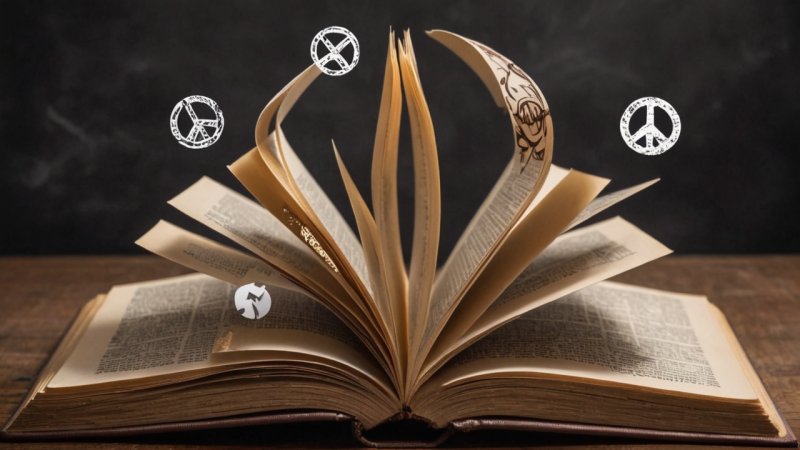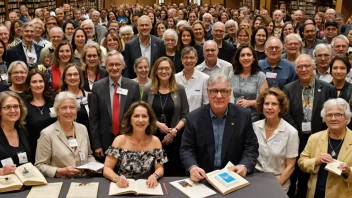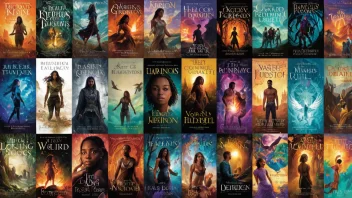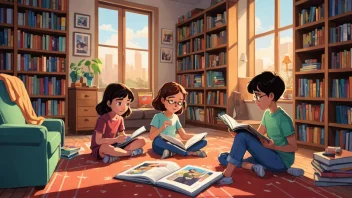What is Classic Literature?
Classic literature refers to literary works that have stood the test of time and are recognized for their artistic and intellectual merits. These texts often explore universal themes, human experiences, and societal issues that remain relevant across generations.
How can classic literature inspire social change?
Classic literature can inspire social change by shedding light on societal injustices, challenging the status quo, and encouraging readers to empathize with diverse perspectives. By engaging with these texts, readers can reflect on their beliefs and consider how they can contribute to positive change.
What are some examples of classic literature that have inspired social movements?
Numerous classic works have played pivotal roles in inspiring social movements, including:
- Uncle Tom's Cabin by Harriet Beecher Stowe - This novel highlighted the horrors of slavery and fueled the abolitionist movement in the United States.
- To Kill a Mockingbird by Harper Lee - This narrative addresses racial injustice and moral growth, serving as a catalyst for civil rights discussions.
- The Grapes of Wrath by John Steinbeck - This book depicted the struggles of displaced families during the Great Depression, raising awareness about economic inequality.
- 1984 by George Orwell - This dystopian novel critiques totalitarianism and encourages readers to value individual freedoms and rights.
Can classic literature be relevant to contemporary social issues?
Absolutely! Many themes found in classic literature—such as inequality, oppression, and the pursuit of justice—resonate with current social issues. For example, the struggles depicted in works like The Handmaid's Tale by Margaret Atwood can be mirrored in present-day discussions about women's rights and autonomy.
How can educators use classic literature to promote social awareness?
Educators can utilize classic literature in their curricula to foster discussions around social issues. Here are some strategies:
- Facilitate debates: Encourage students to debate the moral dilemmas presented in classic texts and their relevance today.
- Connect to current events: Draw parallels between the themes in classic literature and contemporary social movements.
- Encourage creative projects: Have students create presentations, essays, or artistic expressions that explore the social themes within the literature.
What role does empathy play in reading classic literature?
Empathy is a crucial component of reading classic literature. By immersing themselves in the lives and experiences of characters from different backgrounds, readers can develop a deeper understanding of societal issues and the human condition. This understanding can inspire them to take action in their own communities.
How can readers engage with classic literature to effect social change?
Readers can engage with classic literature by:
- Joining book clubs: Discussing classic works with others can deepen understanding and inspire collective action.
- Writing reflections: Keeping a journal or writing essays about their thoughts on classic literature can solidify their learning and inspire personal growth.
- Advocating for change: Readers can use the insights gained from classic literature to advocate for social change in their communities.
Are there any limitations to the impact of classic literature on social change?
While classic literature can inspire social change, it is not a panacea. Some limitations include:
- Accessibility: Classic literature may not be accessible to everyone, particularly marginalized groups.
- Contextual differences: Some themes may not resonate with all readers, depending on their cultural and social contexts.
- Action vs. reflection: Reading alone may not lead to action; it must be coupled with active engagement and advocacy.
Conclusion
Classic literature offers profound insights into the human experience and serves as a powerful tool for inspiring social change. By engaging with these texts, readers can gain empathy, challenge societal norms, and become advocates for justice in their own communities. The stories of the past continue to resonate today, urging us to reflect on our role in shaping a better future.






